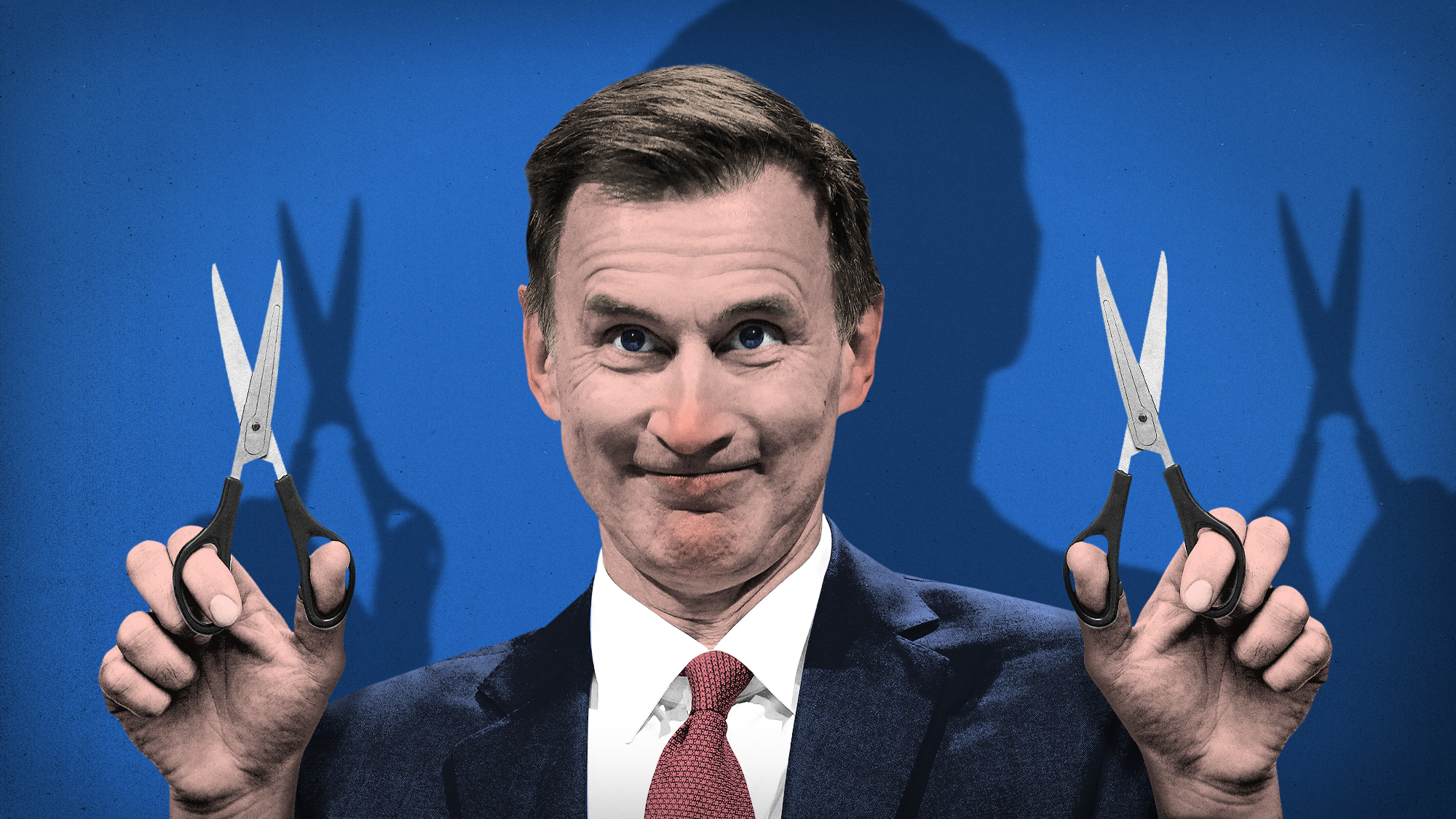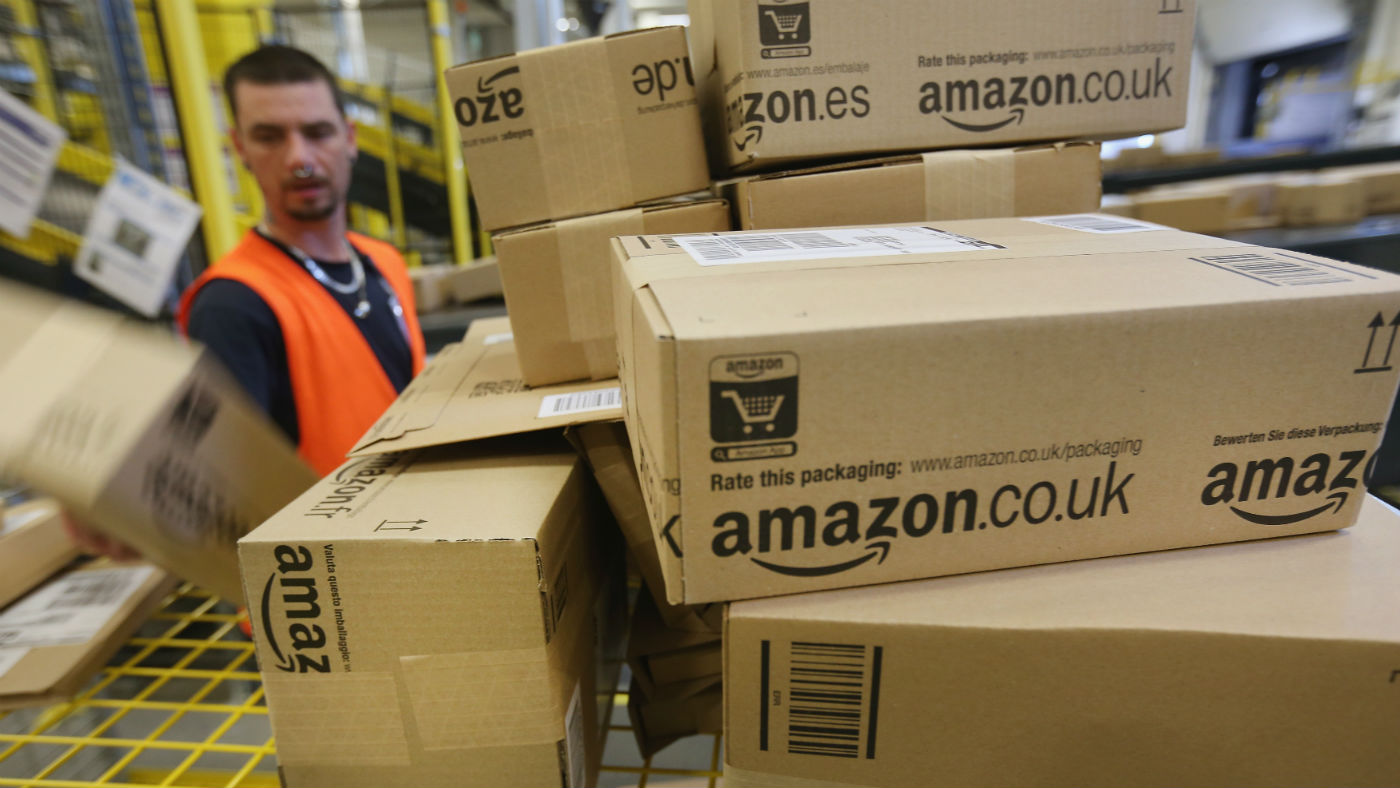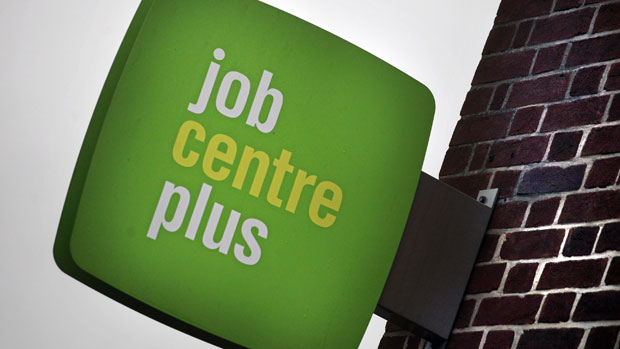Argos named and shamed among minimum wage offenders
Retailer now owned by Sainsbury's admits it underpaid staff by £2.4m in February

A free daily email with the biggest news stories of the day – and the best features from TheWeek.com
You are now subscribed
Your newsletter sign-up was successful
Minimum wage: has Lidl sparked a wage war?
18 September
Lidl this morning announced a major minimum wage-busting pay hike for its UK staff, in the process challenging claims that the new national living wage is unaffordable and perhaps even triggering what could become a wages war with supermarket rivals.
The Guardian reports the disruptive discounter will "pay 9,000 of its UK workers at least the full living wage from next month", making it the first major grocer to match the target set by campaigners and the latest retailer, after similar announcements from furniture giant Ikea and clothing brand Oliver Bonas.
The Week
Escape your echo chamber. Get the facts behind the news, plus analysis from multiple perspectives.

Sign up for The Week's Free Newsletters
From our morning news briefing to a weekly Good News Newsletter, get the best of The Week delivered directly to your inbox.
From our morning news briefing to a weekly Good News Newsletter, get the best of The Week delivered directly to your inbox.
Lidl reckons the move represents "an average pay rise of £1,200 per year… with all UK employees receiving at least £8.20 an hour in England, Scotland and Wales and at least £9.35 in London".
The 14 per cent average rose will cost £9m. The BBC notes it has not disclosed the pay rate in Northern Ireland, but it has said staff are paid at least the living wage there of £7.65.
The living wage is an aspirational target set by the independent Living Wage Foundation, currently £7.35 across England, Wales and Scotland and £9.35 in London.
It should not be confused with the 'national living wage', a new minimum pay rate for over-25s that comes in at a rate of £7.20 next April. This will eventually rise to £9 per hour and has been criticised by many, including some within the supermarket sector, as "unaffordable". Businesses such as clothing retailer Next have disputed this and said the cost is "manageable" (see below).
A free daily email with the biggest news stories of the day – and the best features from TheWeek.com
The announcement triggered a reaction from Sainsbury's, which already moved its pay rates to a lower £7.36-an-hour last month but which pays workers for breaks.
It told the BBC this fact alone meant the Lidl rate would only amount to £12 extra per week for an average employee working 39 hours. Tesco also waded in and said it pays "one of the highest hourly rates in retail" of £7.39 an hour – and that staff also receive "10 per cent colleague discount, shares scheme and pension".
Other supermarkets such as Morrisons, Asda and Waitrose currently pay less than the incoming national living wage and are yet to set out increases.
Minimum wage: who will face highest bill?
15 September
An in-depth study into the likely effects of the new national living wage has echoed the optimistic sentiments of two major retailers in the past week, describing the move as "affordable" and playing down fears of mass job losses.
According to the Resolution Foundation, which The Times notes had called for increases to the minimum wage and was cited by the chancellor during his Budget announcement of the changes, overall wages will rise by just 0.6 per cent above the rate they would be expected to anyway.
The Guardian says around half of the six million workers that will be affected work in sectors that will see this level of wage increase or less.
The report said while such sharp pay rises "don't come for free", with the economy improving "the vast majority of employers should be able to afford the new higher wage floor".
It adds most businesses will "absorb the pressures via some combination of small increases in prices, a dip in profits and productivity gains".
The foundation does, though, call on the government to clarify the role of the Low Pay Commission and ensure it is involved in setting the path of moving pay to 60 per cent of median earnings.
Clothing giant Next, which last week also dismissed general concerns over the new rate, has expressed the fear that ministers could force the rate to this threshold even if wider wage growth subsides, creating an inflationary spiral.
But the new research also notes that not all sectors will be affected equally and some find the changes significantly harder to handle.
The Financial Times cites the prediction that 2.7 million affected employees work in three industries, retail, hospitality and support services, all of which will see markedly high wage inflation.
Accommodation and food sectors will face the biggest rise of 3.4 per cent, while care homes will see their bill increase 2.8 per cent.
The bill for care services is particularly significant as it has prompted calls for increased government funding to boost council budgets. Resolution says another £1.3bn will be needed to cover the higher costs.
Minimum wage: will new rate force care homes to close?
14 September
Care providers say the new national living wage could lead to thousands of care homes being closed - and they are asking chancellor George Osborne to reform social care funding and make more money available in his upcoming spending review.
The UK Homecare Association says "persistent underfunding" related to a fall in council funding is leading to a rise in NHS “bed blocking” – and warns the issue will get worse as a result of the new national living wage, the Sunday Times reports.
If this is not met by an increase in funding then providers may withdraw from around a third of the care work they currently provide. The UKHA has said as much as £1bn in new funding may be needed to cover the costs of the new minimum wage.
Care services are mostly provided by private companies who were last year estimated to have been making profits of around eight per cent on average.
Margins have tightened as council care budgets have remained largely frozen in the past five years and costs have risen, causing profits to tumble and threatening to make more services, especially care homes in areas where rents are high, unviable.
Some have suggested that costs could be met by merging the budgets for social care and health services and combining services, in what would amount to one of the most significant shake-ups of healthcare funding in years.
The Times says new statistics from NHS England show an increase in so-called "bed blocking", when ward spaces continue to be occupied by those who are fit to go home. The UK Homecare Association has warned the number of people left waiting to leave hospital has risen by 81 per cent.
Slow discharge is most often the result of slow administration within NHS hospitals themselves, such as waiting for medication or health assessments, but increasingly people needing follow-on care are left waiting for social services such as arranging home care.
According to the new figures, healthy patients waited close to 1.7 million days to be discharged from hospital in the past year, up by around 16 per cent on the previous year. This has been responsible for a knock-on delay in getting patients from accident and emergency units into acute care wards.
Minimum wage: Weatherspoons renews attack, but how bad is it really?
11 September
Among the nation's big businesses, the incoming national living wage is often decried as an interventionist assault on the free market. A series of attacks have suggested that it will cost jobs, force up prices and result in closures that will disproportionately hit poorer communities – but some in the industry think the change could be positive.
Weighing in on the negative side, JD Wetherspoon's chairman Tim Martin, said today that higher wages will inevitably result in pub closures, especially in poorer rural areas.
As the group revealed a fall in profits of 25 per cent for the first half of 2015, two per cent of which were due to wage increases unrelated to the reforms, Martin said the new minimum wage was being set "on a whim, for political reasons". He also complained that supermarkets will be less affected because a smaller proportion of drinks prices go on wages.
This, perhaps, goes to the root of his complaint. "Martin has long campaigned about the disparity between pubs being charged 20 per cent VAT on food sales while supermarkets are charged nothing," The Guardian reports. That, he says, allows the big grocers to "subsidise alcohol sales".
In its leader column, the Financial Times agrees that the policy is "a stealthy, unaudited tax on consumers", citing admissions from larger retailers, such as Next and Costa Coffee-owner Whitbread, that prices may rise.
But the view from retail is not universally negative. In fact, Next said yesterday that price rises related to the wage hike would be modest and are in any case "affordable" given growing wage inflation across the economy. In fact, by setting the final rate for the over-25s 'living wage' as a percentage of median pay, the chancellor has ensured rises remain "manageable", the company said, as long as he isn't tempted to force the hourly rate up to £9 an hour even if wage inflation subsides.
The Daily Telegraph also reports comments from Dixons Carphone yesterday, in which the company said productivity gains resulting from a higher minimum wage could more than cancel out the increase in wages – and prices might actually fall in real terms.
As the FT's economics editor Chris Giles notes, such a significant increase in pay rates is largely untested and so predictions come "with a big dose of uncertainty". There will be job losses, he cautions, but based on modelling from the introduction of the minimum wage in 1999 – also slammed by businesses at the time – these could be minimal. He says economists's best guess, though, is that the proposals do not pose "a significant threat to employment".
Minimum wage: clothing giant Next backs living wage 'gamble'
10 September
Reading the headlines this morning, you'd be forgiven for thinking that the clothing giant Next had joined the ranks of retailers and other businesses which believe the new national living wage will cause profits to drop and prices to rise.
The firm is indeed forecasting its earnings will be hit and shoppers will pay more. But Next's chief executive, the Conservative life peer Lord Wolfson, writes in his preface to the trading update that the wage and price rises are "manageable" and "affordable" in the context of wider pay growth. Lord Wolfson also tacitly backs the Government's wider agenda of forcing higher pay to cover at least some of the restriction in working tax credits, which "by supplementing lower wages… almost certainly constrained market wage rates".
Next predicts the national living wage will hit profits by £27m each year. This is based in part on the estimated increase to more than £9 per hour for those who will be over the age of 25 and earning below this level , who between them account for around £100m of its total £600m wage bill. It also factors in associated wage rises for other employees to maintain pay differentials.
This, it said, would force the store to increase prices in order to maintain profit margins, which rose seven per cent compared to the first half of 2014 to £347m. But of the six per cent total increase, only one per cent is attributable to the direct effects of the living wage, with the remainder broadly equal to the estimated 4.5 per cent wage growth assumption on which the £9 per hour forecast is based.
"In summary, as long as the LWP [national living wage] is linked to 60% of the median wage, we believe that the burden is manageable," says Lord Wolfson. "The resulting price increases are also likely to be affordable in the context of forecast general wage inflation."
The remarks come on the day that the director general of the CBI, John Cridland, issued his latest warning over the changes. The Guardian notes that Cridland cautioned the reform could "result in fewer job and progression opportunities" as he branded the intervention a "gamble".
Based on Lord Wolfson's comments, it's a gamble that might just pay off.
-
 Bad Bunny’s Super Bowl: A win for unity
Bad Bunny’s Super Bowl: A win for unityFeature The global superstar's halftime show was a celebration for everyone to enjoy
-
 Book reviews: ‘Bonfire of the Murdochs’ and ‘The Typewriter and the Guillotine’
Book reviews: ‘Bonfire of the Murdochs’ and ‘The Typewriter and the Guillotine’Feature New insights into the Murdoch family’s turmoil and a renowned journalist’s time in pre-World War II Paris
-
 Witkoff and Kushner tackle Ukraine, Iran in Geneva
Witkoff and Kushner tackle Ukraine, Iran in GenevaSpeed Read Steve Witkoff and Jared Kushner held negotiations aimed at securing a nuclear deal with Iran and an end to Russia’s war in Ukraine
-
 Why au pairs might become a thing of the past
Why au pairs might become a thing of the pastUnder The Radar Brexit and wage ruling are threatening the 'mutually beneficial arrangement'
-
 Five key takeaways from Jeremy Hunt's Autumn Statement
Five key takeaways from Jeremy Hunt's Autumn StatementThe Explainer Benefits rise with higher inflation figure, pension triple lock maintained and National Insurance cut
-
 Real living wage: are you about to get a pay rise?
Real living wage: are you about to get a pay rise?In Depth More than 4,700 businesses have agreed to increase their staff’s hourly rate
-
 Amazon accused of cutting benefits to fund pay rises
Amazon accused of cutting benefits to fund pay risesSpeed Read Trillion-dollar company eliminates bonuses and stock awards for hourly workers
-
 UK unemployment down – but so is the average wage
UK unemployment down – but so is the average wageSpeed Read Economists warn of 'paymageddon' as average wages see 'shock' fall for the first time in five years
-
 Living wage rises to £7.85, but 5 million workers still underpaid
Living wage rises to £7.85, but 5 million workers still underpaidIn Depth Support for the living wage increases, but campaigners say more must be done for working families